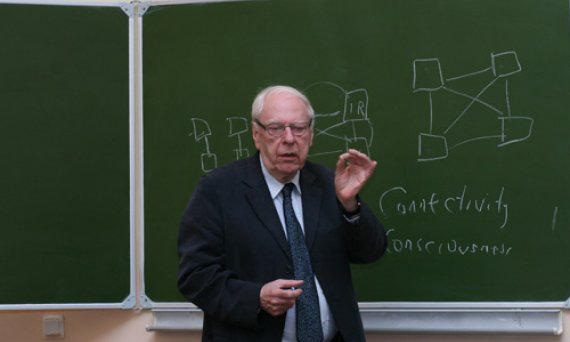The contemporary sociological dictionary is obliged to Roland Roberston for the development and the popularization of the terms globalization and glocalization. In 1968, Roberston put forth a thesis that the sphere of culture has a decisive meaning for the categorization of the world, and began to develop the theory of globalization, which allows the conceptualization of the not only as a structure of changes, but also as changes that originate at the level of the consciousness of individuals. In the model of globalization, Robertson is interested in the possibility of the existence of an opposition that acts globally and furthermore creatively uses globalization processes.
The term "glocalization" in Robertson's theory designates the dialectical connection between homogenization, which brings with it globalization, and indigenization - the celebration of the local, the specific, and the traditional. The idea of "glocalization" appeared merely as a part of the theory of "world culture" or "world consciousness," where it is described how the exacerbated realization of one's belonging to a single world transforms all spheres of life, from international relations to the family structure.






